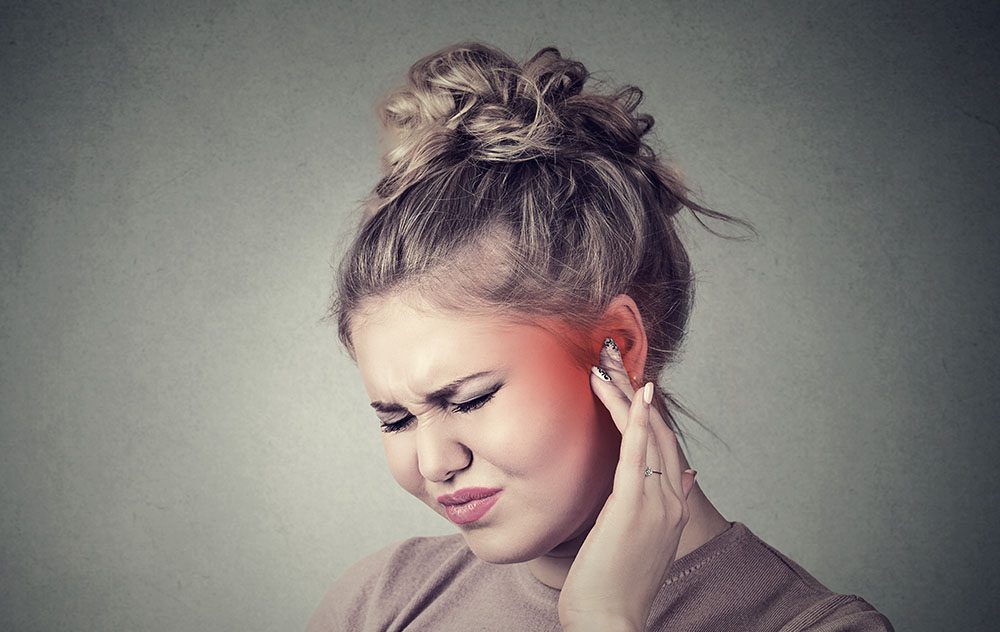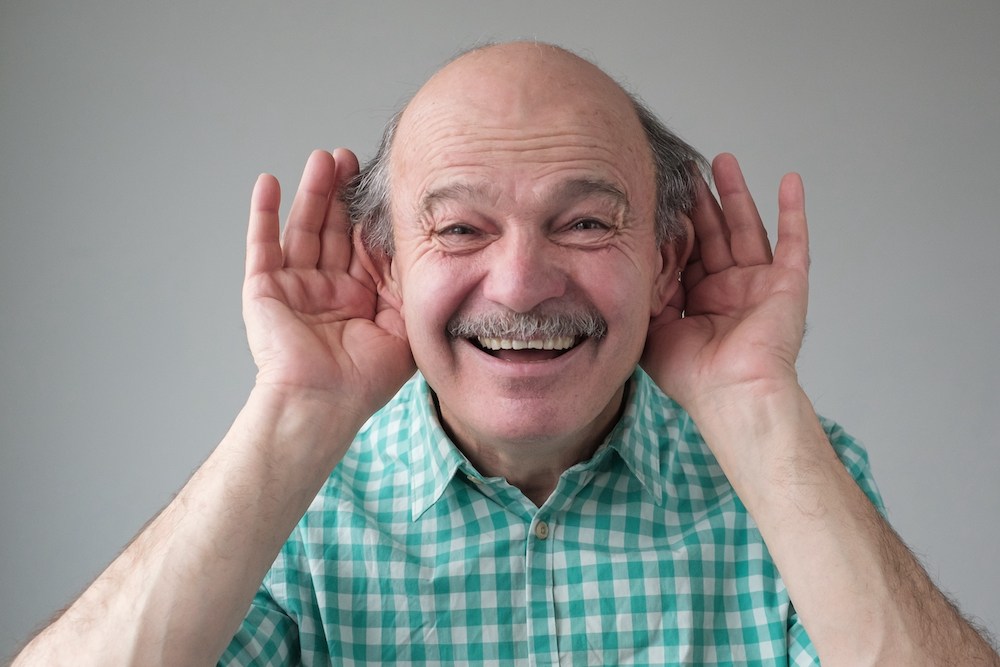Hearing Loss and Its Impact on Family Dynamics
Hearing loss affects how you communicate with the people closest to you,


Hearing loss affects how you communicate with the people closest to you,

Sometimes hearing problems aren’t obvious. You might follow

You’ve finally decided to take that step – scheduling your first